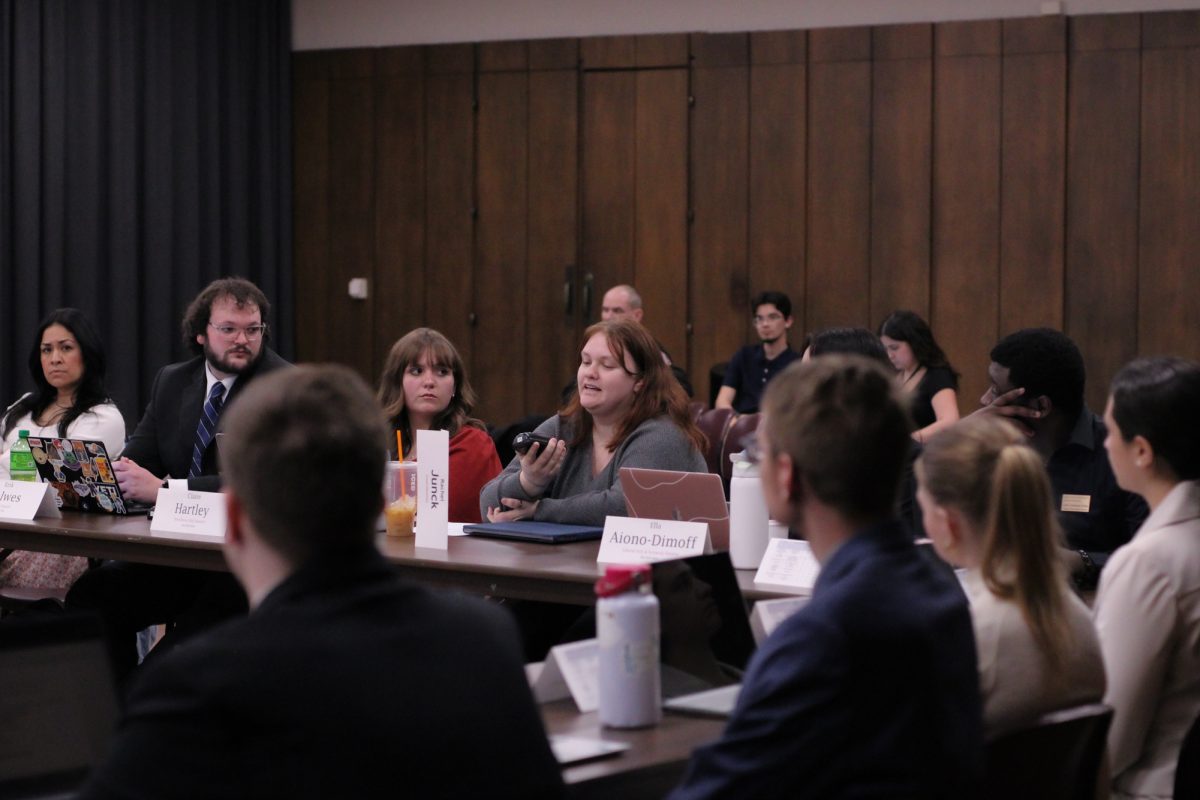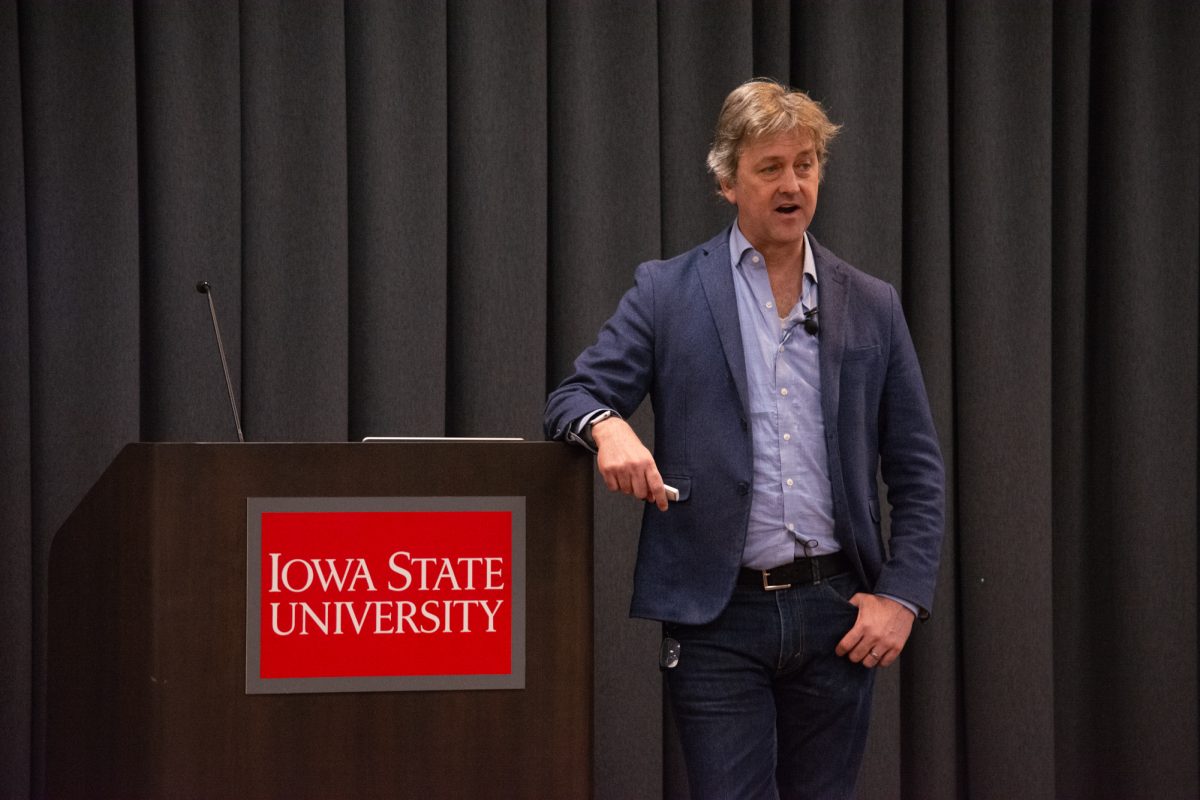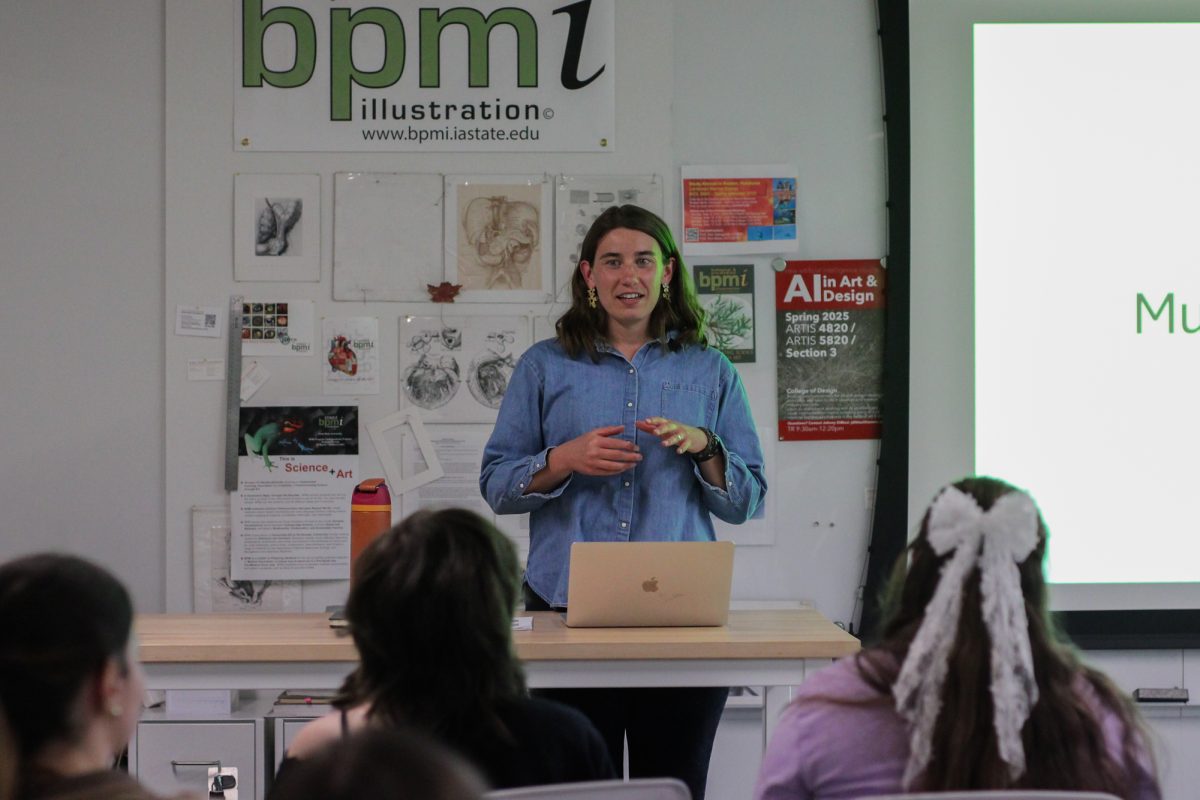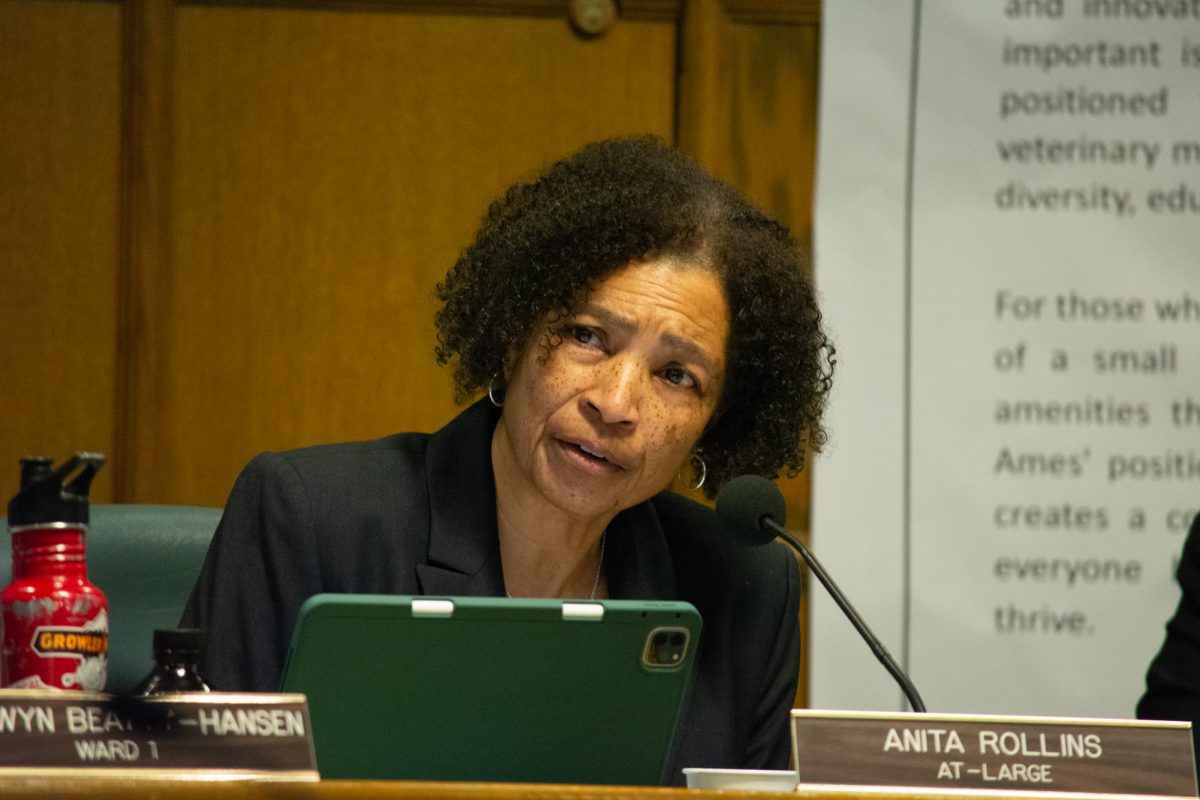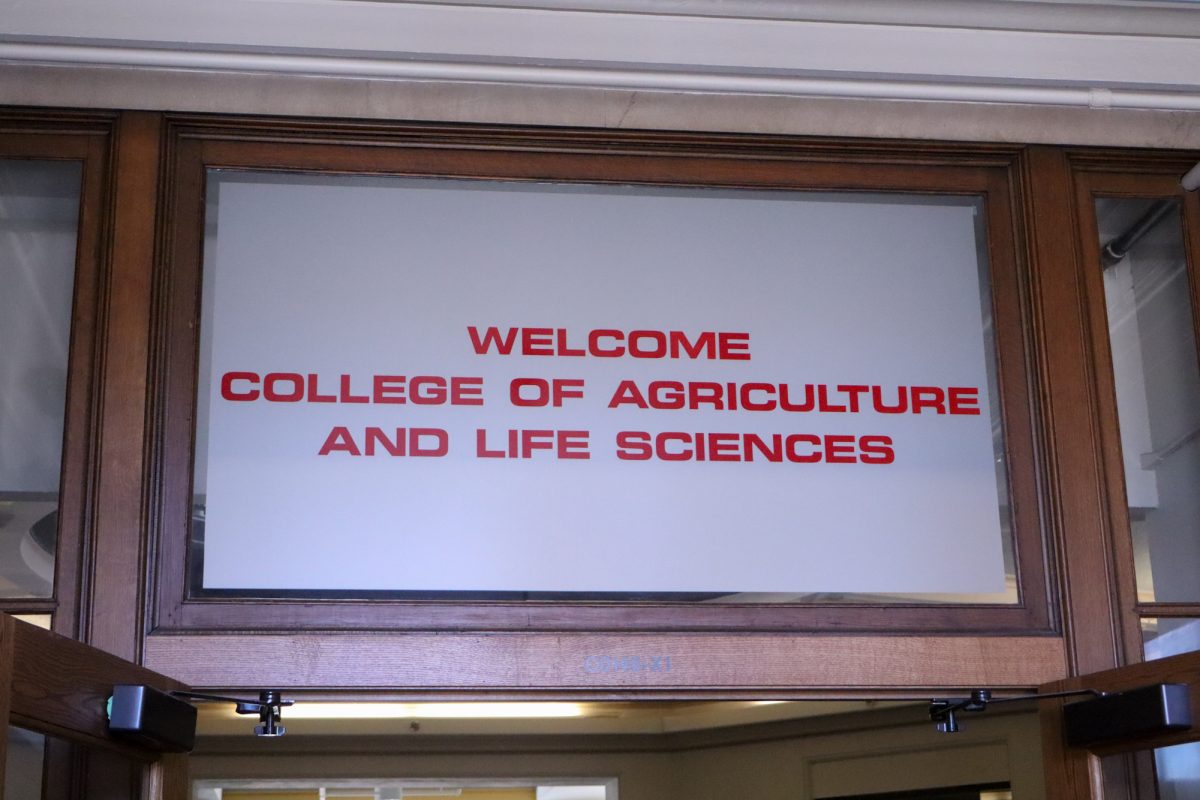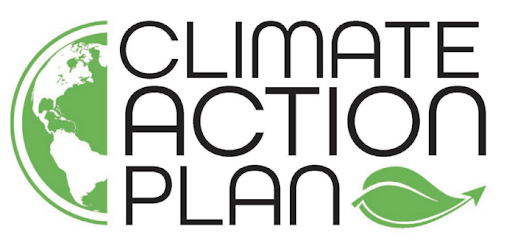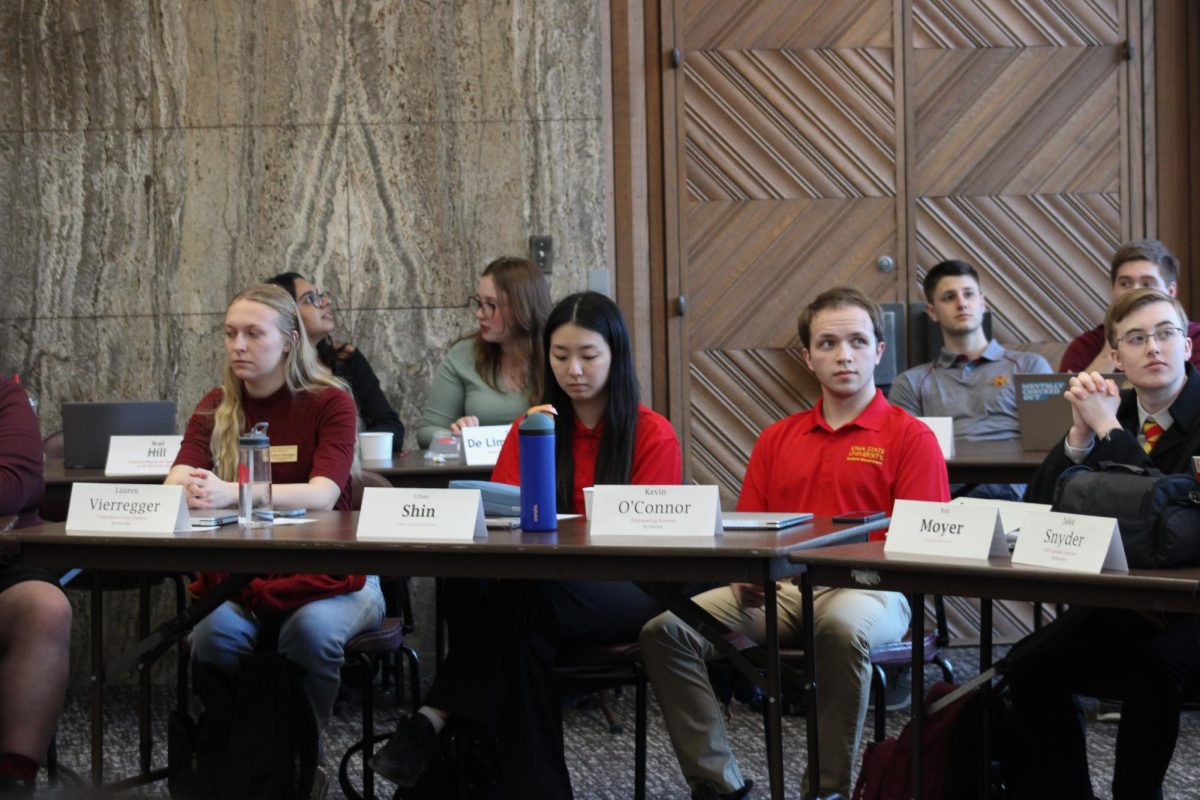Regent David Barker pushed back on a regents admission study team report that recommended the Classic Learning Test (CLT) should not be included in calculating regent admission index (RAI) scores of prospective students.
The CLT is a college entrance test accepted by 250 colleges and universities, including six in Iowa. All the schools in Iowa accepting it for admission are religiously affiliated. The test can stand in for the ACT and SAT in some instances, though a viable concordance table has not been developed between ACT and SAT and the CLT, report writers said.
Barker suggested that sample sizes needed to develop a concordance table have not been deemed large enough by the companies that produce the ACT and SAT because the companies are hesitant to welcome a competitor. He referenced a Wall Street Journal editorial that shared the same sentiment: A duopoly is preventing the entrance of competitors like the CLT.
“There are some issues of competition in this also. The duopoly on testing naturally doesn’t want competitors,” Barker said.
The companies, College Board and ACT, administer the tests. ACT, Inc. is located in Iowa City, Iowa.
The report concluded regent universities will “continue to have the RAI act the way it does using ACT and SAT and the concordance tables that have been very well validated through that and accept the Classic Learning Test as part of the holistic or individual review,” said Rachel Boon, chief academic officer for the Board of Regents.
According to Iowa State Vice President for Enrollment Management Laura Doering, no schools have published outcomes in relation to student success. Doering said the study team dove into how the test was developed and contacted other schools that utilize the test and did not contact the Classic Learning Company.
Barker asked if using the CLT would be a bigger experiment than going test-optional for admissions, something universities nationwide elected to do during the COVID-19 pandemic.
Brent Gage, associate vice president for enrollment management and strategy at the University of Iowa, said going test-optional has been a challenge in that it has been a more “arduous” process in reading transcripts and personal statements.
Members of the study team responded by saying the predictive efficacy of the CLT cannot be determined, such as how the CLT scores translate into performance at regent universities.
A biennial RAI report details students who took the ACT or SAT and the correlation to academic performance and graduation outcomes while at regent institutions. Part of the recommendation not to include the CLT in the RAI includes the inability for it to be used to predict student outcomes.
“The good thing about the RAI as we have it now is we have studied it closely for a long time now, and I think we are pretty confident if a student hits that 245 and they come to one of our campuses, that student’s going to do alright. They’re going to be successful, so I think we feel pretty confident about that,” Gage said.
Barker also said board and university staff members compiling the report were presenting the board with out-of-date numbers, saying the number of students who have taken the test this year is three times bigger than what was in the report, which was 25,000 test takers since 2015.
Despite the colleges accepting the test as being largely religion-based, Barker said 77% of test takers were students in public secondary schools.
The test is currently accepted as an admissions test at 250 institutions, including the University of New Mexico and all public institutions in Florida.
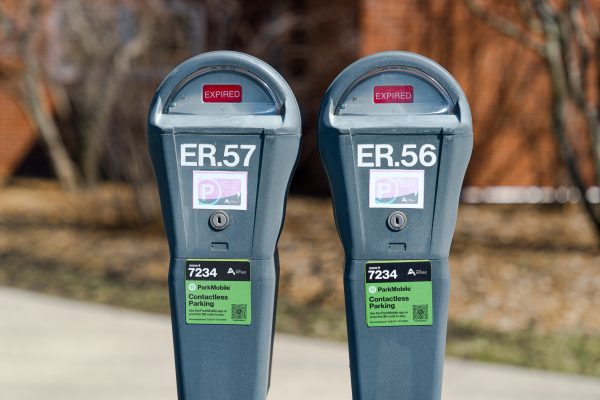
Thursday measures
The board approved all items on the consent agenda, which includes an increase in parking rates and violations. Barker signaled a vote to remove the residence system rate increases from the consent agenda. The board voted separately on the measure, all voting in favor.
Sarah Bennett-George, Faculty Senate president, and Patrick Wall, P&S Council president, presented alongside representatives from the University of Iowa and the University of Northern Iowa regarding salary increases for employees who are not organized for the purpose of collective bargaining.
The board also heard updates on the diversity, equity and inclusion directives administered in November. University presidents updated the board on actions taken since receiving the directives, including Iowa State announcing the Office of Diversity, Equity and Inclusion, including the role of vice president of diversity, equity and inclusion, will be eliminated.






